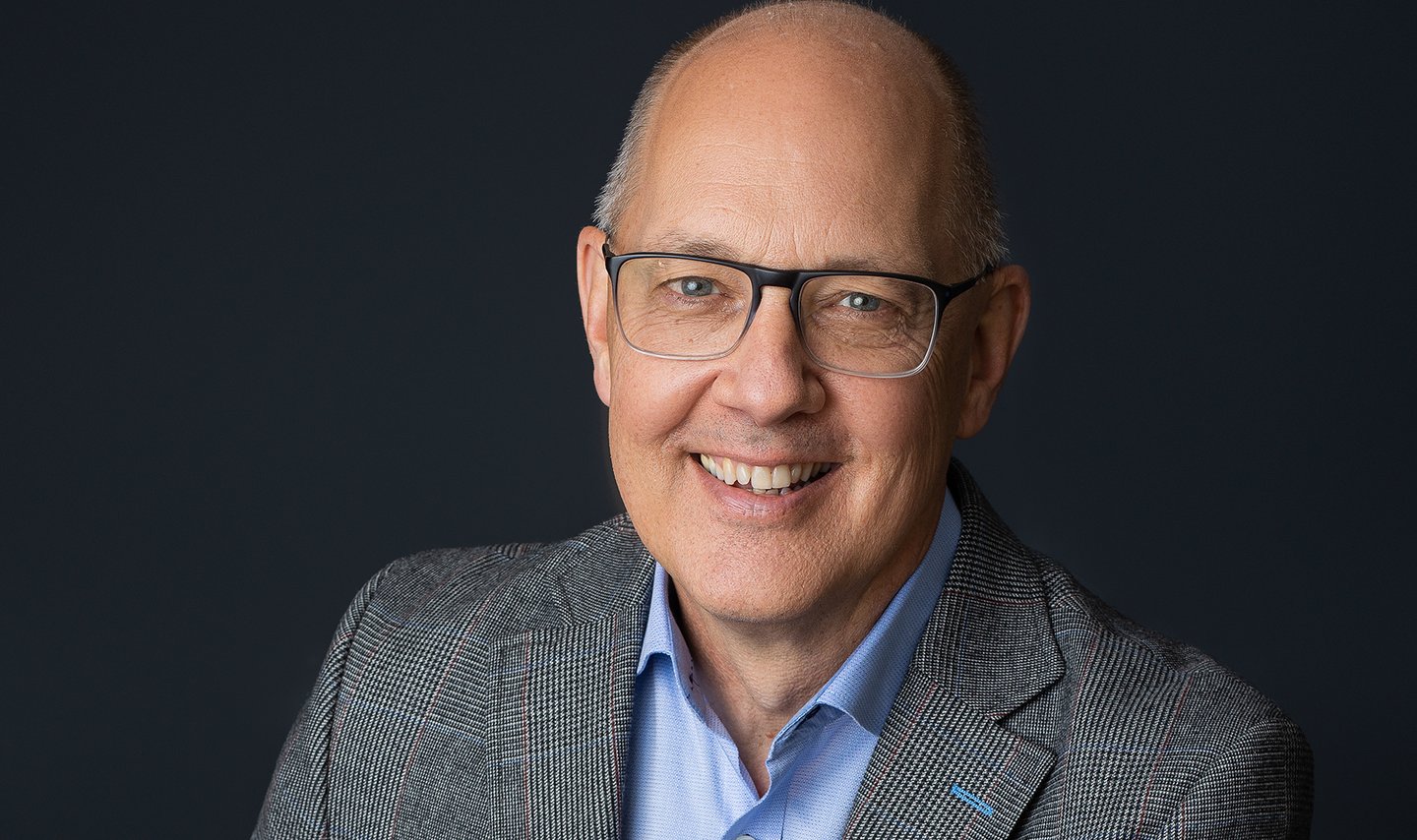Pharmpreneur of the week Raymond Chevalier: "I became an entrepreneur by accident."
Snapshot
Background:
In 1991, Mr. Raymond Chevalier founded Vigilance Santé, which develops drug information software and databases for front-line healthcare professionals. Today, the company relies on a team of over 60 people, including around 20 pharmacists, to develop its flagship products, RxVigilance and RxConsultAction.
Having devoted his career to innovation, Mr. Chevalier is recognized as a visionary and a pioneer for having integrated technology into the practice of pharmacy.
After graduating from the Université de Montréal's Faculty of Pharmacy in 1985, Mr. Chevalier first owned and operated a pharmacy for 25 years. This experience would serve as a source of inspiration for the development of his future technological tools and the founding of Vigilance Santé.
How has your entrepreneurial career evolved since your graduation?
My entrepreneurial journey has been marked by two main endeavours, the first of which motivated the second. I started out as a community pharmacy owner, and then went on to launch a company to develop decision-support software. It was a natural transition. I ran my pharmacy for 25 years, and at the same time I was developing tools that gave me quick access to reliable information about medications. When I discovered computers, I realized that they were the perfect way to prepare monographs. I therefore learned to program, then to build databases, then to develop algorithms. This led me to develop software that specialized in pharmacotherapy. At a certain point, I realized that my expertise as a pharmacist was better employed in an entrepreneurial context than in a community pharmacy context. So, in 1991, in order to market my solutions and so that my peers would benefit from them, I founded Vigilance Santé, becoming an entrepreneur in the process.
What was your key driving force to become an entrepreneur?
It was a willingness to translate my ideas into reality. It still is. You know, I've always organized information. At university, my lecture notes were impeccably written in square letters, with a ruler, on graph paper. Throughout my degree, I arranged and summarized information; I've always done that. When I started my practice, I realized that I was lacking access to this kind of structured information. Since I couldn't find it anywhere, I decided to develop it. It's as simple as that. I became an entrepreneur by accident. Some people want to have a business for the sake of having a business; I wanted to have the means to carry out my projects.
How do you define success?
For me, it has never been about the number of employees, the sales figures, or any other such criteria. It comes from a desire to provide pharmacists and other health professionals with ways of improving their practice that meet their actual needs. If the tools are relevant, if they perform well, if people use them and appreciate them, then we've succeeded. You also want the company to be financially viable, to be sustainable, to continue to evolve and to thrive over time. That's another measure of success.
As a successful entrepreneur, what continues to drive you?
The fact that I still have plenty of ideas and projects that I'd like to carry out to improve the practice of my peers.
What are the biggest challenges to being an entrepreneur?
As is probably the case for many entrepreneurs, the main challenge I encountered was related to growth. Up to a certain size, it's possible to run a business quite organically. With growth comes the need to put more structures in place and adopt more elaborate management practices. At that point, you either have the desire and skills to do this yourself, or you entrust it to someone else. As a 'reluctant entrepreneur,' I chose the second option. So, after 30 years at the helm of Vigilance Santé, I handed over the reins to my daughter Andrée-Anne Chevalier, who was appointed president of the company in 2020. I now focus my efforts on innovation and work closely with the research and development team to provide our clients with the most promising technological solutions.
What advice would you give to colleagues who want to become entrepreneurs?
I would tell them to start with an idea or a project that they find motivating, and that they would like to make happen.
LinkedIn: @SherifGuorgui
Instagram: @SherifGuorgui
Facebook: @Sherif Seif Guorgui
Twitter: @Sherif_Guorgui

